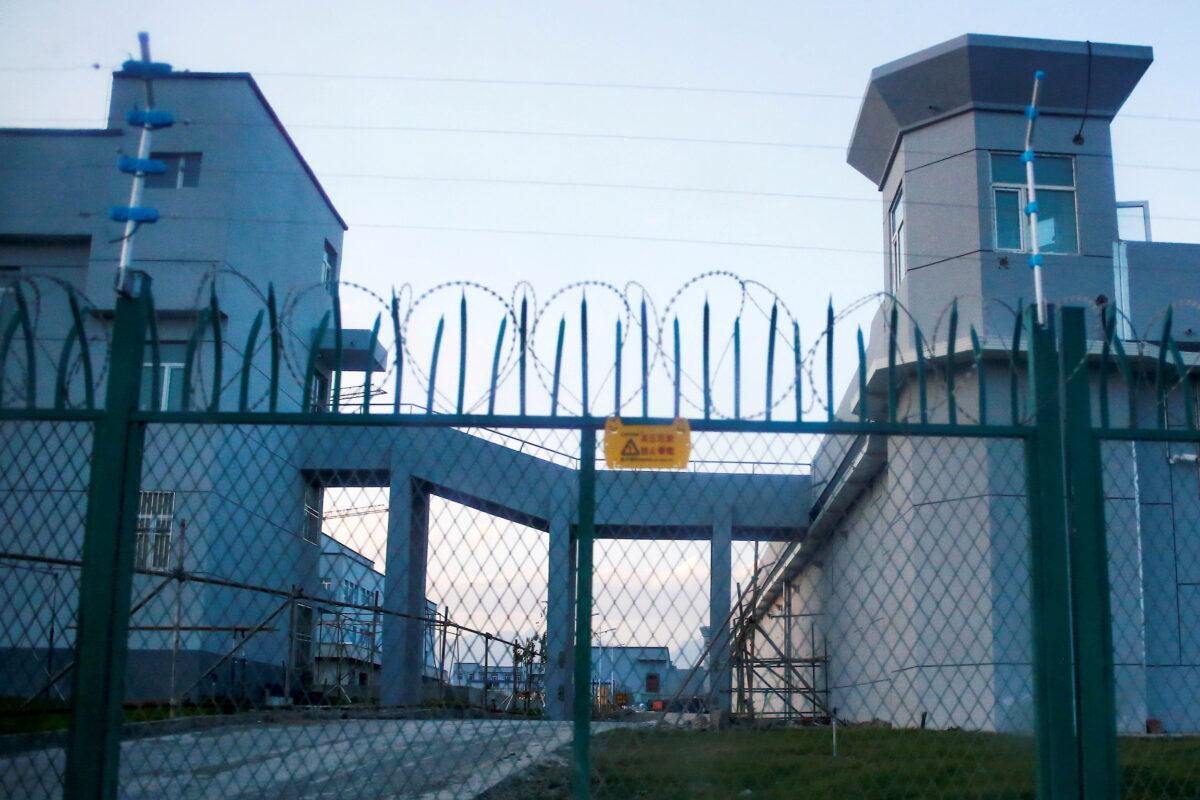Xinjiang Gov. Erkin Tuniyaz has canceled his plan to visit London and Europe this week following fierce backlash over his human rights record.
In an email to The Epoch Times on Wednesday, a spokesperson for the British Foreign Office said the department understood that Tuniyaz had cancelled his visit to the UK.
“The UK government will continue to use all opportunities to take action against China’s unacceptable human rights abuses in Xinjiang,” the spokesperson said.
An EU spokesperson also told The Epoch Times in an email that the EU had been “informed by the Chinese mission that the visit has been postponed.”
The Chinese embassy in London didn’t respond to The Epoch Times’ request for comment.
Asked on Tuesday about the reports that the Xinjiang governor would no longer visit Paris and Brussels, Chinese foreign ministry spokesperson Wang Wenbin said he did not have specific information.
The Controversial Visit
Tuniyaz, governor and deputy Chinese Communist Party (CCP) secretary in Xinjiang, had served as the region’s deputy governor since 2008.The U.S. Treasury department sanctioned him in 2021 under the Global Magnitsky Act, saying more than a million Uyghurs had been detained in Xinjiang during his tenure.
In December 2021, an independent people’s tribunal in London, led by Sir Geoffrey Nice, KC, ruled that the Chinese communist regime had committed genocide against Uyghurs and other Muslim minorities in the far-west Xinjiang region.
The U.S. government has recognised that the Chinese regime had committed “genocide” and “crimes against humanity” against Uyghur Muslims since January 2021, as did the UK Parliament and a number of other legislatures around the world, but the UK government has so far resisted the pressure to label the abuses “genocide,” citing successive governments’ policies that only a “competent court” can make such designations.

Beijing has neither announced nor confirmed Tuniyaz’s plan to visit the UK and Europe.
The news first broke out after the British Foreign Office wrote to Uyghurs groups in the UK to inform them of the planned visit and ask them to submit their views.
Leo Docherty, parliamentary under secretary at the Foreign, Commonwealth, and Development Office (FCDO), defended the decision to offer a meeting, saying it was “institutionally the judgment of the FCDO that we are better off not denying ourselves the opportunity to send extremely robust and strong messages of condemnation of the brutality that’s been carried out by the Chinese state in Xinjiang.”
But Foreign Affairs Committee Chair Alicia Kearns said it was “not good enough” to approve an “official visit to one of the masterminds of this genocide.”
MPs urged the UK government to sanction Tuniyaz, with Kearns saying the “only meetings with him should be in a courtroom.”
The EU also came under fire for being prepared to meet Tuniyaz.
EU spokesman Peter Stano previously confirmed that “meetings will be granted” upon China’s request, saying, “We see this as an opportunity to convey directly the EU’s long-standing concerns on the human rights situation in Xinjiang.”
NGO Human Rights Watch said the UK and the EU “should not be drawn into meetings with senior Xinjiang officials so that China can whitewash its atrocities in the Uyghur region” and “should be investigating and imposing sanctions on Tuniyaz and other top Chinese officials for their role in crimes against humanity.”





